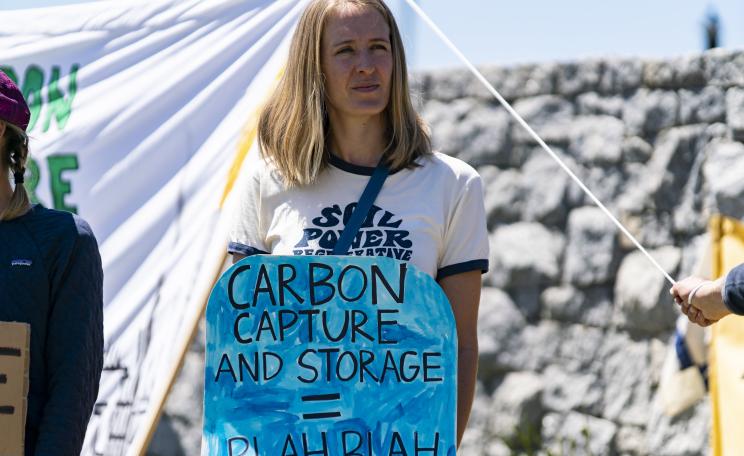In cleaning up our act, no community should be left behind. They will all have to be part of the journey and share the benefits.
Jobs undertaken by people in the UK’s poorest regions will be the most disrupted by the transition to net zero, according to new data.
Centre-right think tank Onward calculated the proportion of people in different regions employed in the highest emitting industries, including agriculture; mining and quarrying; manufacturing; electricity, gas and air conditioning supply; water supply, sewerage and waste management; construction and transportation.
In total, up to ten million jobs are in industries that may need to be replaced or retrained in order to achieve the target, it said.
Emitting
Researchers found that two fifths of people in the UK's poorest regions are employed in affected sectors, with the Midlands and North nearly twice as exposed to job disruption from the UK’s net zero target as London.
The East Midlands has the highest proportion of jobs in high emitting industries (42 per cent), closely followed by the West Midlands (41 per cent), Yorkshire and the Humber (38 per cent), and the North West (38 per cent). London and the South East have 23 per cent and 34 per cent of people employed in high-emitting industries respectively.
The researchers found that seats making up the so-called Red Wall in the North and the Midlands, which were targeted at the last election and which will form the key battleground at the next election, are likely to suffer the highest levels of disruption of any constituencies. And the more rural a constituency is, the more its local economy relies on high emitting jobs.
Share
Onward has launched a cross-party programme to understand the practical and political challenges of delivering net zero by 2050, co-chaired by Caroline Spelman, former Conservative environment secretary and Caroline Flint, who served as Labour shadow energy and climate change secretary.
It will research how to decarbonise incumbent industries; how to retrain and upskill workers at risk of disruption; and how to create the regulatory and financial conditions for innovation.
Flint said: “Net zero requires faster decision making than we are used to in British politics, as we change our industries, our homes, how we get from place to place and the very energy we use. In cleaning up our act, no community should be left behind. They will all have to be part of the journey and share the benefits.”
This Author
Catherine Early is a freelance environmental journalist and chief reporter for the Ecologist. She tweets at @Cat_Early76.







